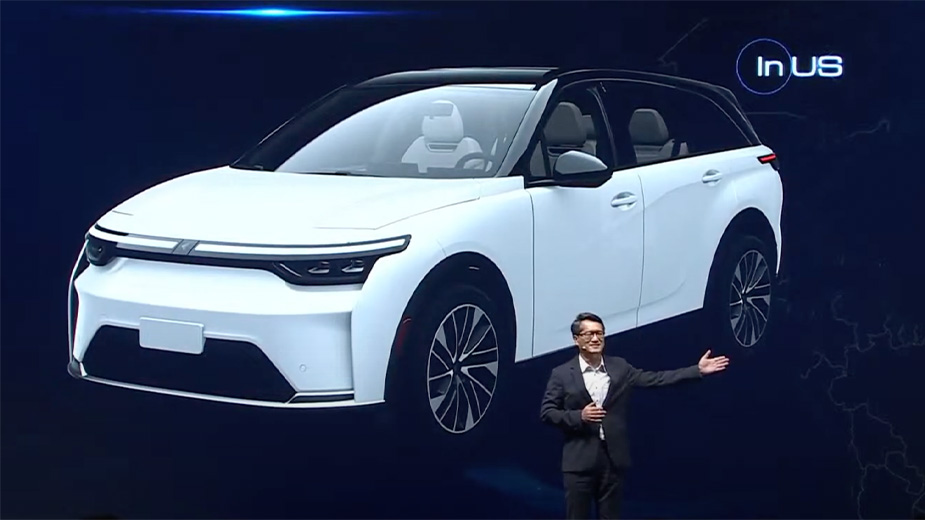Ohio to Receive $140M For EV Chargers Over Next Five Years
WASHINGTON, D.C. – The U.S. Departments of Transportation and Energy announced Thursday that the State of Ohio will receive $20,739,853 this year under the Bipartisan Infrastructure Law to install electric vehicle charging stations along key roads and highways.
Ohio will receive a total of $140,120,116 over five years to install EV chargers across the state.
The money is part of a $5 billion initiative the federal government created under the National Electric Vehicle Infrastructure Formula program.
“The Bipartisan Infrastructure Law that I voted to support last year is going to bring great benefits to the State of Ohio as we transition to electric vehicles,” U.S. Rep. Tim Ryan, D-13, said in a statement. “With much of the industry situated in northeastern Ohio, there will be a direct benefit for our drivers and our economy.”
“Unreliable and inconsistent charging facilities have plagued Ohio’s roads and highways, making it difficult for our drivers and slowing our economic growth,” congressman continued.
States are required to submit an EV Infrastructure Deployment Plan before it can access the funds.
Passed by Congress and signed into law by President Biden last year, these investments will create good-paying jobs to improve charger access for Ohio drivers, help protect our environment and support American car manufacturers’ rapidly growing electric vehicle production, Ryan said.
The United States’ network of 100,000 chargers is currently insufficient to service the growing number of electric vehicle owners — and the industry also struggles with inconsistent plug types, payment options and data availability, the congressman’s office said. The infrastructure law will address these issues and advance the president’s goal of expanding the U.S. network to 500,000 chargers and grow electric vehicles sales to 50 percent of the automobile market by 2030.
This funding, nearly $5 billion over the next five years across the country, will provide jobs and build a convenient and equitable network of chargers, making electric vehicles more accessible for local and long-distance trips, Ryan’s office noted.
Photo by CHUTTERSNAP on Unsplash
Published by The Business Journal, Youngstown, Ohio.



